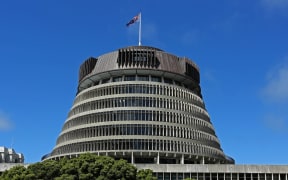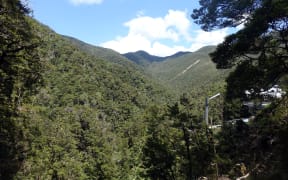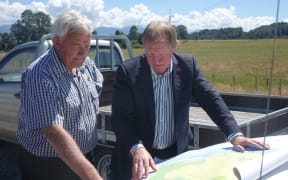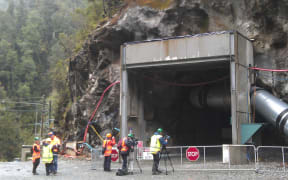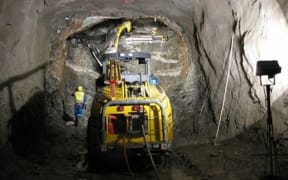The Nelson mother of a man killed at Pike River coal mine in 2010 says the aftermath of his death has been worse than losing him.
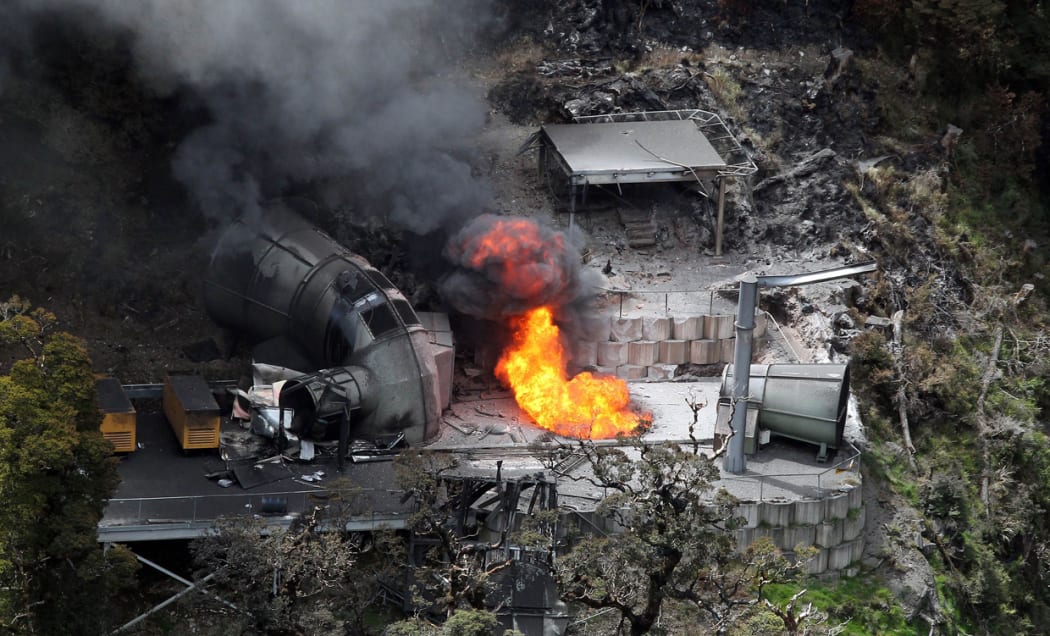
Pike River Coal Mine. Flames coming out of a ventilation shaft Photo: AFP / Pool
Tracey Keane-Harvey joined a vigil in Nelson yesterday marking the loss of her son Riki Keane and others who had been killed at work since the West Coast mining disaster.
Mr Keane, a 28-year-old maintenance contractor, died along with 28 others in the Pike River tragedy.
It was New Zealand's worst mining disaster since 43 men died at Ralph's Mine in Huntly in 1914.
The first of four explosions happened at the mine, 46 kilometres northeast of Greymouth, on 19 November 2010.
At the time of the explosion 31 miners and contractors were inside the mine - but only two managed to escape with their lives.
The remaining 29 men were believed to be at least 1500 metres from the mine's entrance. Three more explosions followed.
A drawn-out and complex plan to try to retrieve the men's bodies ended in November 2014, when the state-owned enterprise Solid Energy decided not to re-enter Pike River for safety reasons.
Mrs Keane-Harvey said she had not been able to get closure.
"I've said numerous times that what's gone on since Riki's death has actually been worse than his death."
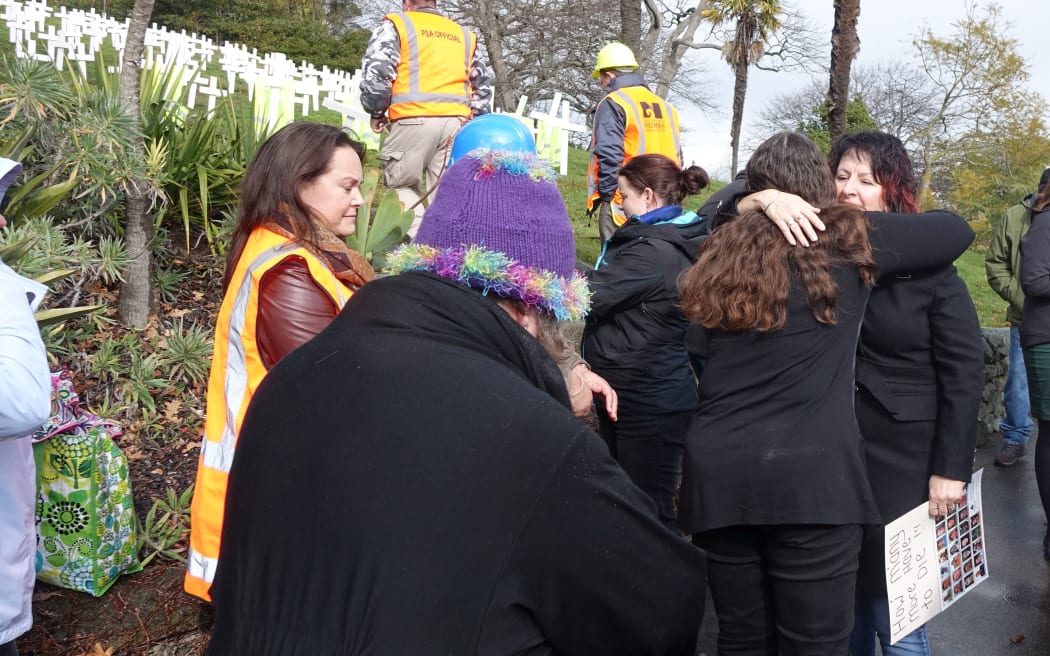
Tracey Keane-Harvey (right, holding placard) is hugged by a supporter at a workplace safety vigil in Nelson. Photo: RNZ / Tracy Neal
The Government developed the Health and Safety Reform Bill in the wake of Pike River, but Mrs Keane-Harvey said it has back-tracked on promises to improve health and safety laws for workers.
The Bill has passed its second reading, and proposed changes include removing worker-elected health and safety representatives from some small businesses.
Nelson First Union organiser Rachel Boyack said the Government's statistics showed that workers in small businesses were more at risk than those in large ones.
"International research shows workers' participation is the best way to ensure workers get home to their families at night.
"The Pike Royal Commission (The Royal Commission on the Pike River Coal Mine Tragedy) not only recommended to keep worker's participation, but to increase their say over their safety and lives," Ms Boyack said.
The Bill's third and final reading is expected to be held next week.

